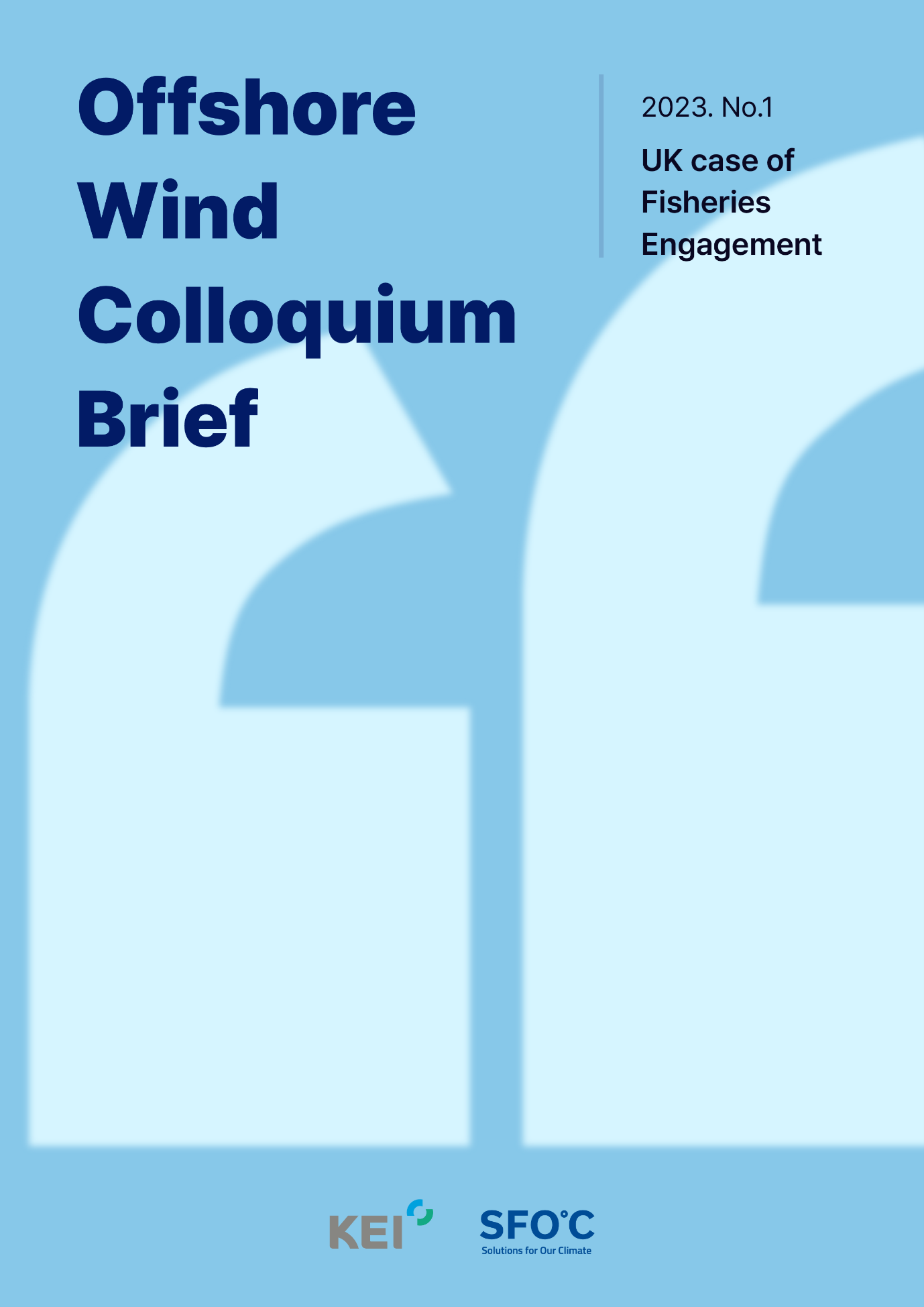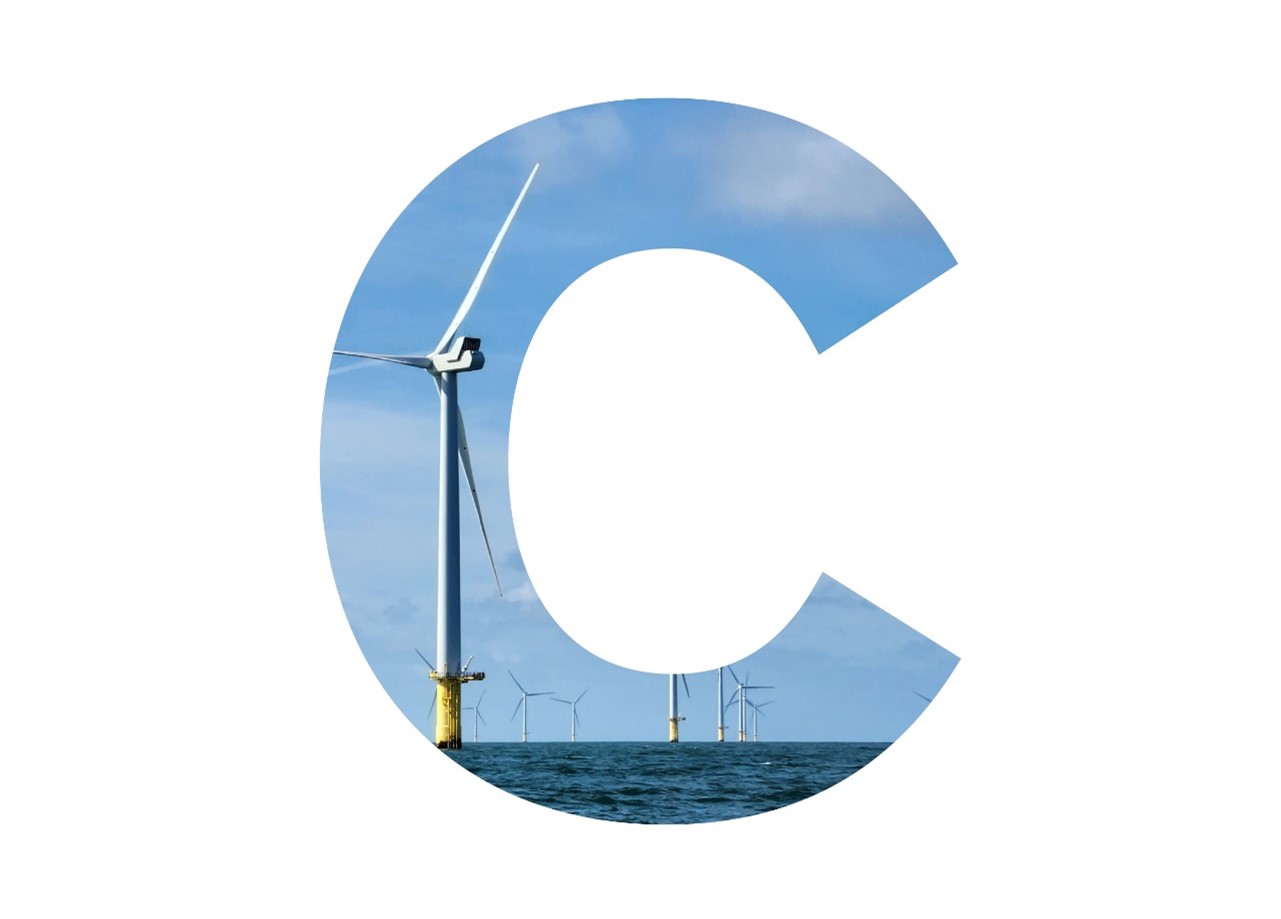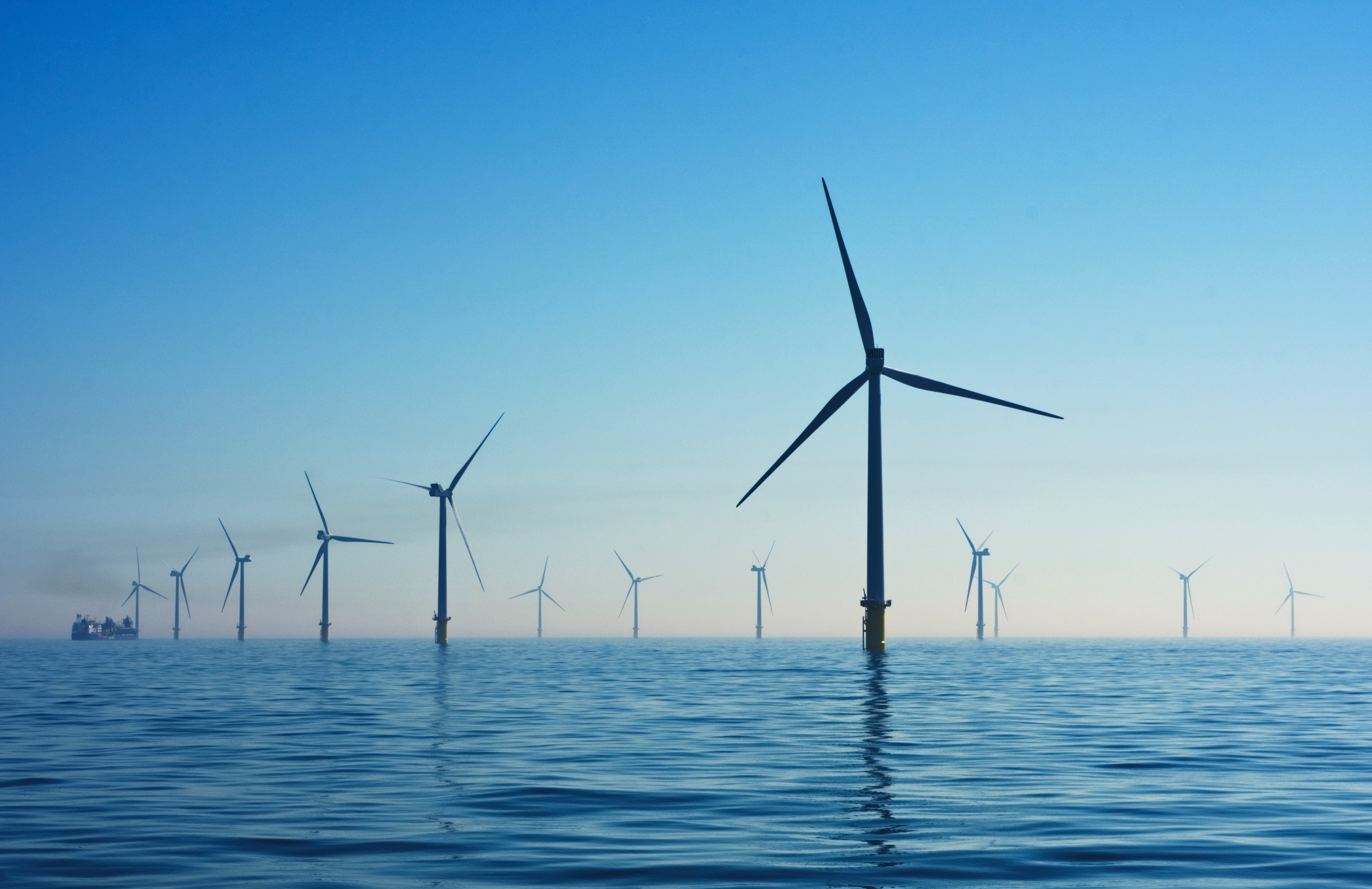About
The Offshore Wind Colloquium Brief provides a summary of the discussions from the ‘Colloquium for Sustainable Development of Offshore Wind Power.’ The colloquium serves as a platform covering various topics, bringing together relevant stakeholders to explore strategies for promoting and expanding offshore wind power in the Republic of Korea. This paper presents a summary of the discussions from the 1st Colloquium in a question-and-answer format.
Early engagement in the planning stage is crucial for minimizing opposition in the UK's fisheries engagement program for offshore wind, emphasizing the importance of high-quality data, objective stakeholder identification, proactive mitigation, and accessible platforms for information sharing
The 1st Offshore Wind Colloquium, jointly hosted and organized by Solutions for Our Climate (SFOC) and the Korea Environment Institute (KEI), invited the Crown Estate (TCE), responsible for managing offshore wind development in the United Kingdom, to have a constructive discussion under the theme of ‘How to engage with fishermen to discuss offshore wind deployment.’ The sessions addressed the fisheries engagement programme in the UK, as well as insights into the experiences, challenges, and lessons learned in the UK.
- Fisheries engagement in the UK starts from the planning stage of site selection. Early engagement is crucial to minimize opposition and conflicts. In this regard, having high-quality data to support the process is essential.
- Stakeholders are identified based on objective data. To be recognized as stakeholders, individuals must provide supporting evidence, such as fishing locations and fisheries/catch data.
- There is a case where a conflict arising from overlapping fishing zones and offshore wind sites has been resolved through research demonstrating that there is no significant impact on fishing activities. However, such cases are rare, highlighting the importance of proactively mitigating the potential impact on fisheries prior to the completion of site selection processes.
- There should be a platform or governance mechanisms, such as the Planning Inspectorate, that provide opportunities for stakeholders to access project information and submit their opinions at any time.




